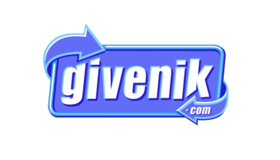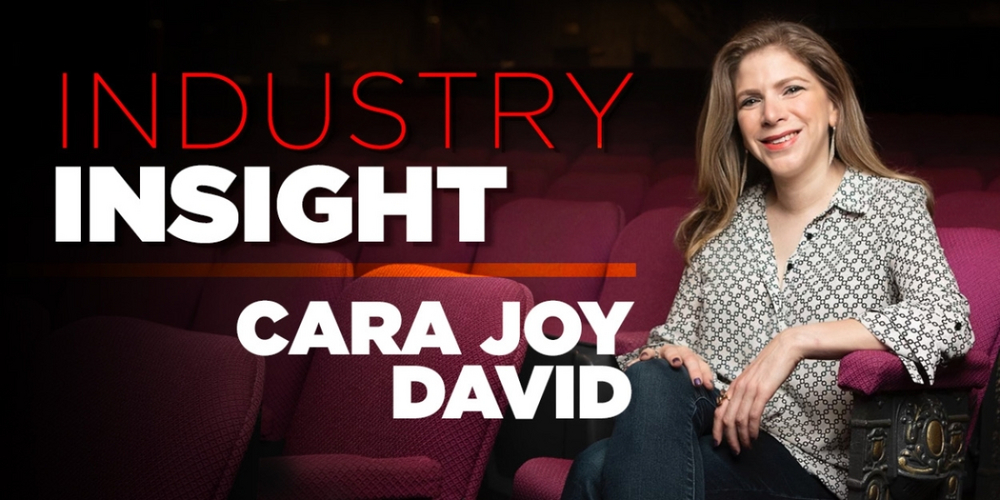Industry Editor Exclusive: Givenik- Broadway's Way to Give Back

Ten years ago, Jujamcyn Theaters founded Givenik, a service that enabled ticket buyers to give a little back to charity when buying tickets to a show.
"We would have these one-off relationships with a show and an organization that would come together to support each other--once that show was finished, the relationship went away," Jujamcyn President Jordan Roth said of the pre-Givenik landscape. "It always felt like there was a bigger idea here, a way to connect all shows and all organizations and have that relationship be ongoing."
The idea was simple: users go to Givenik before another ticketing site and select a charity, then that charity gets some money from the purchase. Charities sign up in advance and are occasionally featured on the site. The buyer isn't paying extra; sometimes they are even receiving discounted tickets. The money to the charity is coming from the transactional end--it isn't felt by the consumer.
It used to be somewhere I sent everyone during the holidays. The pitch was: "As long as you are going to buy tickets as a gift, you might as well give back." But Givenik used to be different. It used to offer individual tickets (many of which had discounts associated with them) to a lot of shows. Now it only connects buyers searching for individual tickets to two, family-friendly behemoths: THE LION KING and THE PHANTOM OF THE OPERA. (And the PHANTOM code doesn't seem to currently be working.) The big focus of Givenik is now groups.

Givenik, which has a staff of four, sells group sales to most shows. (Note that it was never just for Jujamcyn shows.) Roth said the movement away from individual sales happened in the last couple of years. Group sales were more profitable and, given the organization's relatively small staff, it was difficult to keep up with non-group offers to individual shows. Less people were buying individual tickets so individual ticket sales just sort of died off.
Givenik has 800 non-profits that buyers can choose to benefit with their purchase. Roth said often non-profits buy groups to benefit themselves. A school, for instance, will purchase a group and a little bit of that benefits the school.
While the website says that the charity gets 5% of the purchase, Roth clarified that it is a sliding scale up to 5%. Givenik would not say how much money goes to organizations annually, only saying that the number was in the "thousands." That doesn't sound like a lot. However, it's better than nothing, and Roth said the group sales business continues to build via word of mouth, specific targeting and referrals. Givenik is the official group sales agency for TORCH SONG, but with other shows it is fighting for attention. The organization no longer promotes via social media, as it used to do when it focused on attracting individual ticket buyers. It does what other group sales agents do--market to groups.
And if someone does want to buy a group of tickets (for personal or professional reasons), they can give a little back by going to the site. It's a win for Givenik, which makes money on the transaction, but it's also a win for the non-profit the buyer selects.
Roth said the industry was quick to embrace Givenik and, even though the focus of the site has changed, producers are still supporting it.
"I think we're all always looking for ways in which we can reach new audiences or reach our existing audiences in new ways," he said. "Also, I think this kind of a program makes us feel what we're doing matters. It matters not just for the period of time the audiences are in the theater."

Videos


